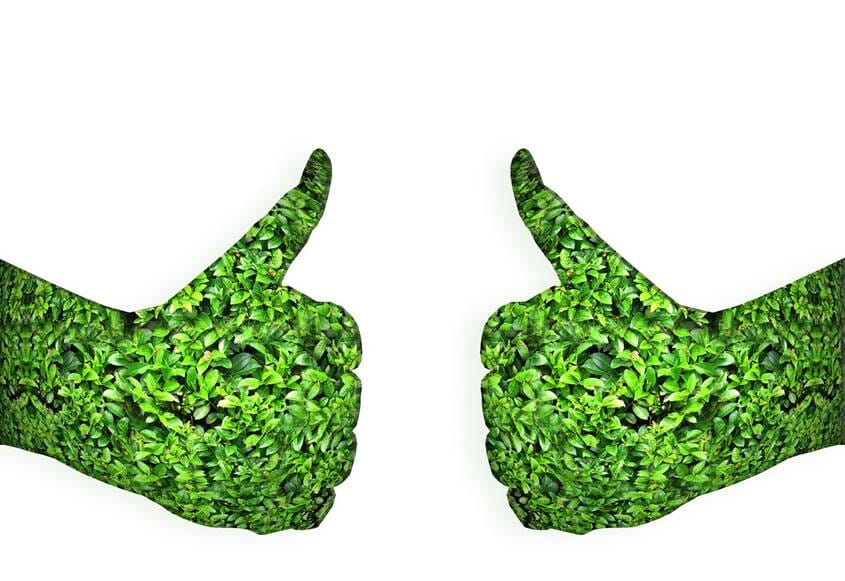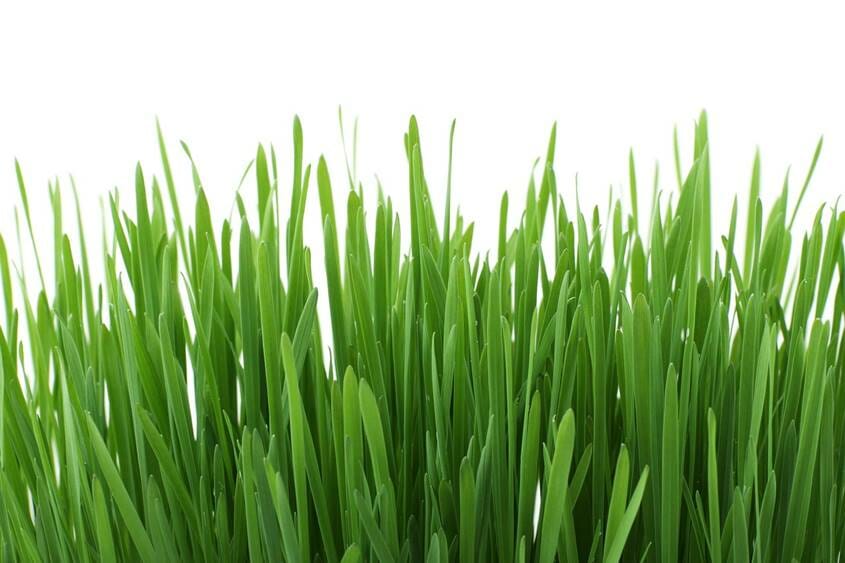
I’ve written a lot about happiness and realized that some people just don’t get that happiness is an idea, a thought, an action you choose. On the other hand, unhappiness is the absence of that idea. One of the things that make people miserable is always comparing themselves to others.
I guess the reason we compare is that we learn it from our parents. It is an essential part of life and an important factor in our evolution. We must have a definition of what is right and what is wrong to navigate through life. If green, vibrant, healthy grass is the definition of happiness, then yellow, dull, dying grass is the definition of misery.
So, it’s OK to look at other people’s grass to find better ways to treat ours. But it’s not so good to believe that “The grass is always greener on the other side”.
Do you know why it’s not good? Because it’s not true.
If the grass is greener on the other side of the fence, you can bet the water bill is higher
Debbie Macomber
The grass is just something that we see from the outside. We never see the hard work our neighbors have put into this grass and we think that some people are just born with a green thumb. No one is born with a green thumb. They develop it. Along the way, their thumb also gets dirty, gets cut and bruised occasionally, until they become better gardeners.
Looking at others for inspiration is a great idea. Asking people for their way of keeping their grass greener is useful, but comparing ourselves to them and feeling of frustration, jealousy and sometimes hate, or a strong desire to take what is theirs, is going to increase the feeling of misery.

It is very simple. Grass grows greener where you water. If you water it from time to time, or only when there is no rain, you leave your happiness at the mercy of the weather.
Life is much the same. If you invest in yourself, develop your skills, your emotions, your relationships and/or your health, you will blossom. If you only take care of your personal growth from time to time, when you feel like it, when you have the time or only after a crisis, you leave your happiness at the mercy of circumstances.
Grass looks good where people take care of it. The idea that the grass is greener on the other side is a trap that only feeds inadequacy and kills hope. We all have the capacity to care for our lawn and make it greener. If we focus on that as much as we focus on blaming others or circumstances for our misfortune, we’ll be able to make it green and lush.
Happiness doesn’t come as a result of getting something we don’t have but rather of recognizing and appreciating what we do have
Fredrick Koenig
Contentment and gratitude
The antidote to “the grass is greener” is contentment and gratitude. Recently, I have been writing a lot of birthday cards. On many of them, I wrote “I wish you to have everything you want and want everything you have”. It’s been my slogan in the last three months, because it is amazing how many people focus on what they don’t have, but rarely focus on what they already do.
Contentment is a state of peaceful happiness, a state of satisfaction. When we are happy with what we have, we don’t spend much energy on other people and their fortune but realize instead how fortunate we are.
I think of contentment and gratitude as twins. When you are content, you are more grateful, and when you are more grateful, you are more content.
The grass is greener on the other side but mowing it is as hard
Little Richard
The problem with both is that nobody gives them to you at birth, you only get them through education and personal development. If you are lucky to be raised by content, grateful parents, you may grow up to be the person who sees the full half of the glass and make it a part of your life. If you are like most people, and didn’t grow to be content and grateful, you have to develop this skill yourself.
It’s tough, but possible!
If you are focused on what is good in your life and you are satisfied, you will be content, if you focus on what you don’t have, you’ll notice lots of green on the other side of the fence.
Here are some tips to bring contentment and gratitude into your life.
Contentment and gratitude writing tips
Expressing contentment is a great way to bring more of it into your life. When it is shared, it positions you as a positive, kind and fun person to be with. If you are doing the opposite and expressing discomfort and dissatisfaction, you make those around you run away so your negativity won’t rub on them.
The grass is greener on the other side but mine has flowers that I planted myself
Ronit Baras
Writing is a very good strategy to bring happiness with contentment and gratitude. Research has found writing to work miracles on people suffering from depression and even terminal illnesses.
There are many things to do with writing that will develop this gratitude and contentment. Pick the ones you like and work on them every day for three weeks. 5-10 minutes every day will work the magic for you too.
- A list of 100 things that make you happy.
- Gratitude letter to someone you want to thank.
- A list of 100 things you are grateful for.
- Every evening, write 3 good things that happened to you that day.
More contentment and gratitude tips
- Say “thank you” whenever you can.
- Talk to people about your fortunate life.
- When talking about other people, only chose to say good things.
- Surround yourself with inspiring people (whose grass you think is greener).
- Be kind to others who are not as fortunate as you are to increase your sense of abundance. We can only give what we have and if you have time to give others, for example, you are time rich.
- Have a Gratitude Jar and put a marble or coin in it every time you feel grateful. It will show you how your heart is filling up with contentment and gratitude.

- Have a gratitude stone. I have one in my wallet. I used it to overcome a feeling of lack. I grew up poor and had a feeling that money was never enough, and it was hard for me to spend money. As soon as I put the stone in my wallet, it disappeared. The rule was to hold it and say something I was grateful for (in my case, regarding money).
- Make a gratitude game. Write a list of starters and everyone who picks a card must complete the statement on it and explain why. The explanation will help develop a greater sense of gratitude. The best idea is to make this list long and use it in a game in a circle. You can use it at a party, in a therapy session and even at dinnertime. Some examples to put on the cards are:
- I’m grateful for three friends:
- I’m grateful for three teachers:
- I’m grateful for three family members:
- I’m grateful for three things I own:
- I’m grateful for three dishes I have tasted in my life:
- I’m grateful for three things I touch/feel:
- I’m grateful for three things I enjoy hearing:
- I’m grateful for three skills I have:
- I’m grateful for these three people who were kind to me:
Years ago, I went to a festival and bought a bookmark for my sister who collects bookmarks. On it was a beautiful quote and I don’t know who wrote it: “The grass is greener on the other side but mine has flowers”.
I kept it for a while and thought that I would add to it: “The grass is greener on the other side but mine has flowers I planted myself“. I think it sums things up nicely.
Take care of your grass,
Ronit












